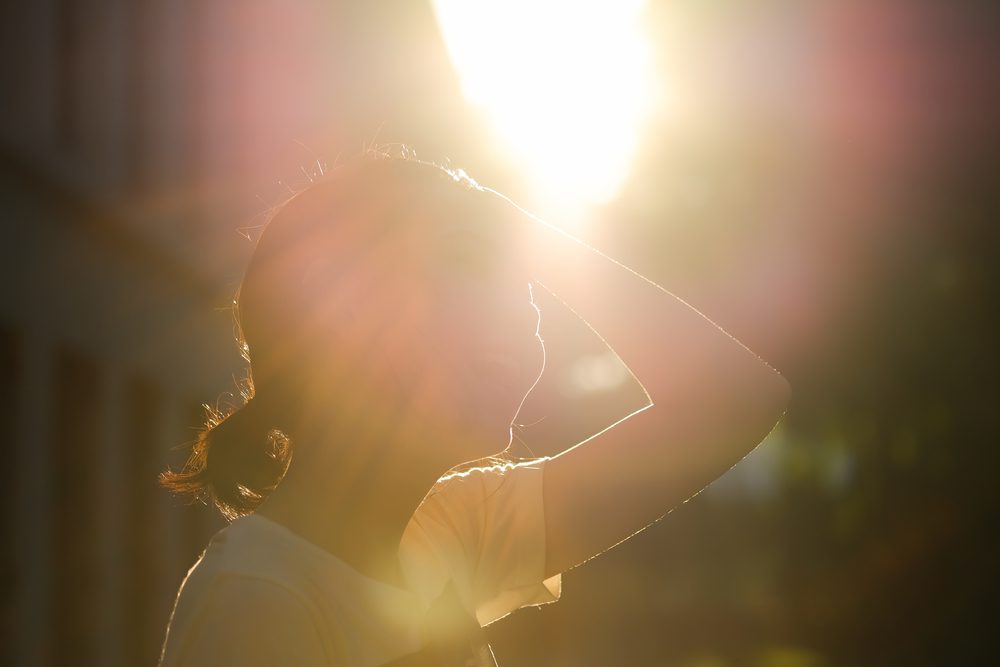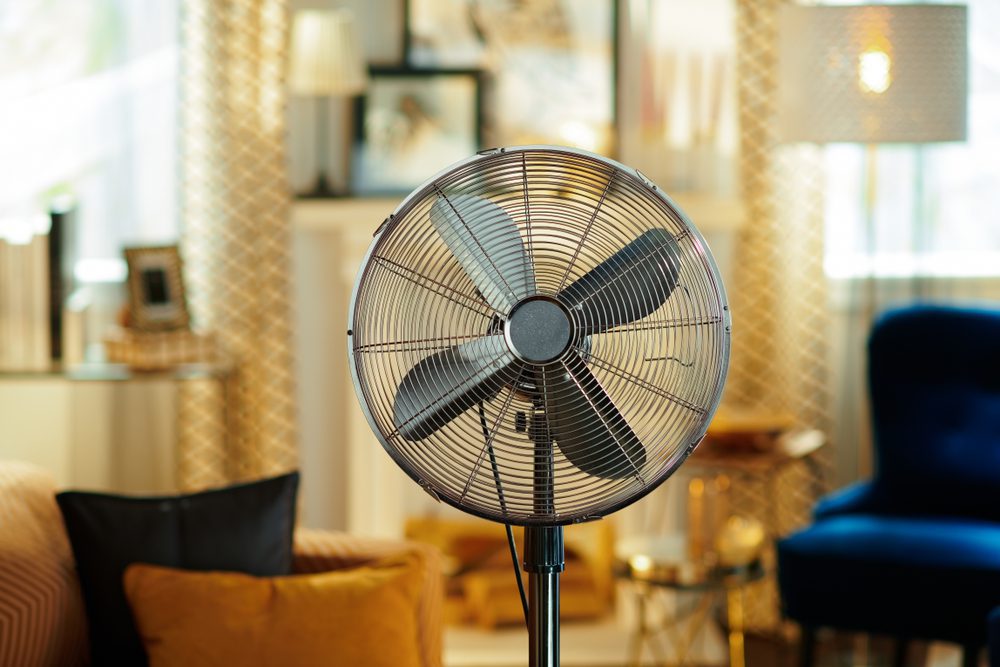
Blue skies, beach days and BBQs galore – summer is surely the happiest season of all. But that’s not the whole truth. Some people don’t equate sunshine and ice-cream with fun times. Instead, for sufferers of Seasonal Affective Disorder, summertime can be clouded with sadness and depression.
As the temperature rises and the evenings stretch out, it’s actually completely normal to feel gloomy. Depression can be brought on by disrupted schedules, summer heat and humidity and even body image issues. But for some people, the summer blues have a biological cause: Seasonal Affective Disorder (SAD).
What is SAD?
Most commonly associated with winter, SAD is a kind of depression that is triggered by seasonal patterns. Winter SAD is thought to affect up to 29% of the UK population and usually occurs when the weather gets colder and days become shorter. But some sufferers of SAD experience it in reverse, which means the onset of summer causes their depression.
Typical symptoms of summer SAD often include insomnia, loss of appetite, unintended weight loss, irritability and restlessness. If you visit your doctor with some of these health issues, they may give you a summer depression test by asking you to describe your symptoms.
What Causes Summer Depression?
According to psychiatrist Norman Rosenthal, M.D., the exact cause of summer SAD isn’t clear. However, researchers have come up with the following theories:
- Too much light: Sunlight is believed to be a key factor in seasonal depression, which is why some theories suggest that summer SAD might result from too much sun. Too much sun shuts down melatonin production, which is responsible for the body’s sleep-wake cycle. And longer days mean more exposure to sunlight.
- Summer heat: Another theory is that people with a lower heat tolerance might be more likely to anxiety and anger when the temperature rises.

Why am I so depressed in the summer?
First of all, know that you’re not alone. Some people are more likely to experience summer SAD than others, so it’s worth looking out for the risk factors. These include:
- Being female: Women are four times more likely to suffer from SAD than men
- Having a close relative with a severe depressive disorder: It’s thought that SAD has a genetic component
- Having bipolar disorder: People with bipolar disorder may be more likely to experience depression triggered by seasonal patterns
- Chronic pain and social distancing: If you’re already suffering from chronic pain, you may be more vulnerable to summertime SAD; when everyone else appears to be having a great time, it’s easy to feel like you’re struggling alone. Plus, in this time of social distancing, this feeling of isolation may be heightened.
Dealing with Summer Seasonal Depression
Now that we have a better understanding of SAD, what can we do about it? Although seasonal depression can be difficult to deal with, there are lots of things you can do to get yourself to a happier place. Luckily most of these strategies are lifestyle changes that you can implement straight away:
- Get help from an expert
No matter what kind of depression you’re struggling with, it’s important to seek help from a professional if you feel it taking over your life. Chat to a therapist, psychologist or, as a first port of call, your doctor about how you’re feeling. SAD has the potential to impact all areas of your life and there’s no need to battle it on your own. An expert will help you to put coping strategies in place, which you can then use to live life exactly how you want to.
- Think about minimising your exposure to bright light
This might seem strange, as light therapy is often recommended as a treatment for winter depression. But it’s thought that too much light may trigger summer SAD, while some underlying health conditions can increase light sensitivity.
The effects will vary from person to person, but Dr. Rosenthal recommends experimenting to see if reduced light exposure eases your symptoms. Wearing dark glasses and putting up blackout shades in your house are good places to start.

- Keep cool
Although the research isn’t conclusive in relation to SAD, some studies suggest that heat can have a negative effect on people’s emotional wellbeing. Hotter temperatures can make it more difficult to sleep, as well as triggering a loss of appetite and feelings of stress.
If you think you have a lower tolerance to heat, this may be particularly important for you. Try to stay cool by spending time in air-conditioned places, using fans, or even taking cold showers from time to time.
- Be social
Staying connected with friends and family isn’t just one of the best ways to protect your mental health while self-isolating; it’s also a powerful way to ease seasonal depression. If you’re currently social distancing, try meeting loved ones for walks, in gardens or in parks. Even if you can’t see them, you could arrange phone calls and video calls.
- Maintain an exercise routine
Although the hot weather might seem off-putting, maintaining an exercise routine is a great way to give your mental health a boost. Try heading out earlier in the morning or later at night, when the temperature drops. You don’t even need to go outside to do it – try out some fitness videos at home on days when you feel like staying at home.

Although summer SAD isn’t talked about nearly as much as winter SAD, it’s still a very real issue that affects people every year. When you’re struggling with depression, it can be difficult to stay positive. If your feelings of sadness and anxiety are persistent, make sure to get support from a professional – but there also are lots of strategies you can try at home to ease your symptoms and move into a more optimistic mindset.



